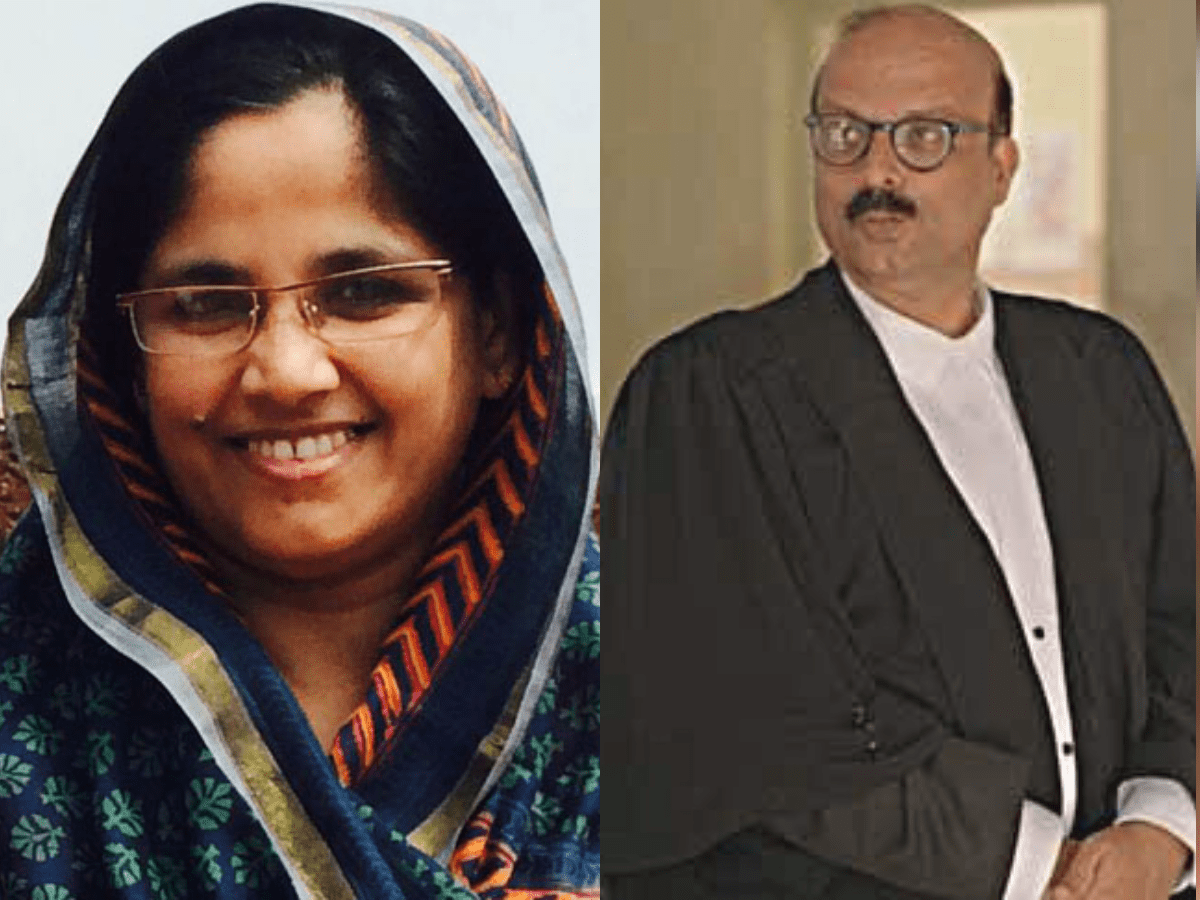Lucknow: Uttar Pradesh Chief Minister Yogi Adityanath on Monday flagged off 77 tractors for farm machinery banks set up in cooperative sugarcane and sugar mill societies.
“Today is going to be a historic day for the sugarcane farmers when on the eve of Holi, Rs 2 lakh crores will be sent directly to the farmers’ bank accounts through DBT,” CM Yogi said.
Prior to 2017, the state’s sugarcane farmers were compelled to burn their crops because of a lack of water for irrigation, electricity, and timely payment of their dues.
In the previous six years, no farmer in Uttar Pradesh became helpless and attempted suicide, said CM Yogi.
The Chief Minister added, “We have freed the sugarcane farmers from the brokers’ clutches, and today the farmers do not have to wander around in search of the slip because their slip arrives on their smartphone.”
He said that the state’s 77 sugarcane committees are receiving tractors and other equipment today. The happiness of sugarcane farmers will be doubled by receiving such a gift on the eve of Holi.
“We all know what the condition of sugarcane farmers was earlier. Since Prime Minister Narendra Modi took office, the farmer has for the first time been included in any government’s agenda and has begun to benefit from the government’s programs. Every farmer who was previously dependent on moneylenders is now able to benefit from the Soil Health Card, Kisan Bima Yojana, Agricultural Irrigation Scheme, and Pradhan Mantri Kisan Samman Nidhi”, CM Yogi said.
Mentioning that now 2.60 crore farmers in the state are taking advantage of the facility of the Prime Minister’s Kisan Samman Nidhi, he said, “Within the last three and a half years, we have done the work of transferring an amount of Rs 51,000 crores to their accounts.”
Asserting that a farmer is just a farmer and has no caste, creed, or religion, Yogi said, “We all know what was the situation in the state before 2017. There was no electricity and no water for irrigation. We have now provided irrigation facilities to 22 lakh hectares of land. Previously, farming was considered a loss-making venture due to a lack of water, fertilizers, and a fair market price for the product.”
“Today, UP was going to create a new record in the country, adding that sugarcane payments totalling more than Rs 2 lakh crores are now reaching farmers’ bank accounts for the first time. Many states in the country do not even have an annual budget of two lakh crores, he pointed out,” he added.
The CM went on to say that it is due to the efforts of sugarcane farmers that they are producing additional 10 tonnes of sugarcane per hectare. Apart from this, the area of sugarcane production has increased to 8 lakh hectares of additional land in the state today.
“In contrast to the previous governments, where sugar mills were closed or sold at throwaway prices, we did not shut down any sugar mill, and instead re-started the closed sugar mills. Munderwa and Pipraich sugar mills were made functional again. When the world’s sugar mills were shut down, Uttar Pradesh still had 119 sugar mills operating,” said Yogi.
He emphasized that during the Covid-19 period, when sanitisers were in short supply across the country, the government made sanitisers available at no cost to all municipal corporations in Uttar Pradesh via these sugar mills. Along with this, sanitisers were made available in 27 states across the country.
The Chief Minister stated that his government paid the sugarcane price on time and procured wheat and paddy at the higher minimum support price. “For this more and more purchase centres were established.
The instructions were clear: as long as the farmers had crops, the government would purchase them. No farmer will have to wander around. We have issued 284 licenses for the Khadsari units, which has resulted in job creation.”
The Chief Minister said that maximum green ethanol is being produced in the country through sugarcane farmers.
“Previously, our own money was spent in the form of terrorism against us under the name of the Petro Dollar. But now ethanol is being produced in farmers’ fields in the form of sugarcane and soon it will be seen being used in the form of diesel and petrol”, he remarked.
The CM stated that Uttar Pradesh currently is the largest producer of ethanol in the country. “Today, our farmers are progressing by using mechanized farming. Apart from this, co-farming is being practised through FPO, enhancing the fertility of the land as well as profits of farmers,” CM Yogi remarked.
The Chief Minister cited the example of a progressive Bijnor farmer who, instead of selling his sugarcane to sugar mills, makes vinegar and markets it abroad.
He said that due to mechanized farming, today the stubble is mixed with the soil instead of being set on fire, contributing significantly to the farm’s fertility. Farming is being advanced through mechanization.
CM Yogi stated that 105 of the state’s 119 mills pay the sugarcane price within 10 days.
“We’ve also put pressure on the remaining 14-15. Where previously brokers were involved, the slip now arrives on the farmer’s smartphone. Those who used to exploit farmers have had their businesses shut down,” he added.





















